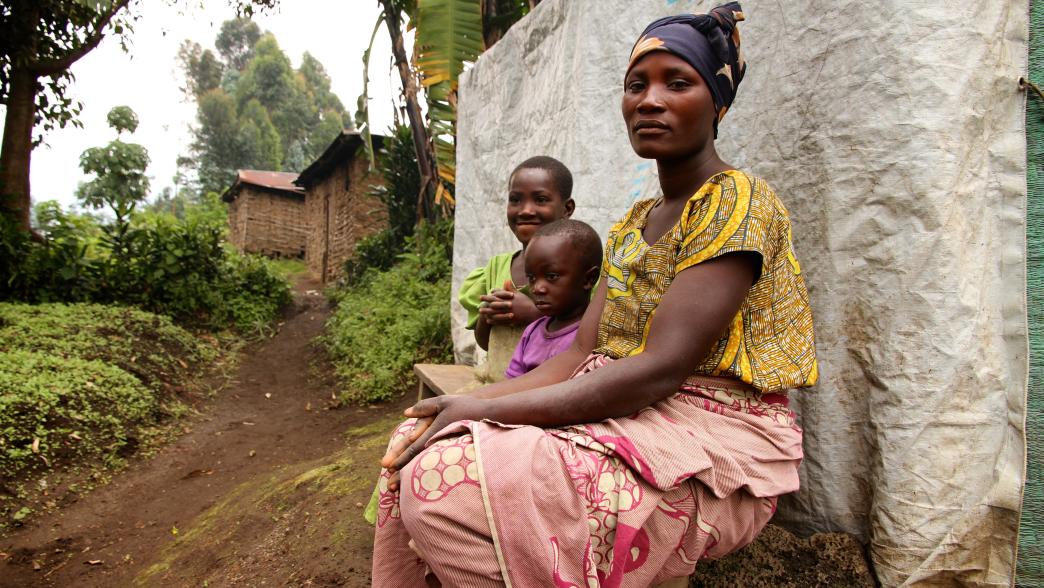
Gender and Extractive Governance: Lessons from Existing Legal and Policy Frameworks
Español »
Greater gender equality accompanies economic advancement. However, in countries rich in oil, gas and minerals, economic advancement has not served women and gender minorities as well as men. On the contrary, gender inequality is more pronounced in countries significantly reliant on the extractive sector. The negative impacts of overreliance on the extractive sector appear at both the national level and the sites of major extraction projects. While the gendered issues related to the extractive sector have been broadly acknowledged, efforts to address them are not well developed.
This report focuses on gender and governance of the extractive industries, and is part of the larger Gender and Extractives project, funded by the Open Government Partnership (OGP) and the World Bank Multi-Donor Trust Fund, and executed by the Natural Resource Governance Institute (NRGI) in partnership with the World Resources Institute (WRI). It aims to inform a new generation of gendered OGP commitments in relation to the extractive sector, building on the momentum created by the Break the Roles campaign and the growth in attention now paid to advancing gender equality in the extractive sector. The research examined the legal and policy frameworks in 12 OGP countries: Argentina, Canada, Colombia, Ghana, Indonesia, Kenya, Morocco, Mongolia, Nigeria, Peru, Sierra Leone and Tunisia, identifying 62 laws, policies, regulations, guidelines and other official documents that referenced the extractive sector and gender or women.
Key messages
- Women and gender minorities often face disproportionate harms from oil, gas and mineral extraction and may be less likely to access economic benefits or opportunities for political engagement.
- To evaluate how well gender-transformative change has been codified in official documents, this report examines how women and gender equality are referenced in the laws, regulations, policies and guidelines governing the extractive sector in 12 resource-rich countries.
- We found that some provisions in the reviewed documents could address the different needs of women, men and gender minorities if well implemented, but few documents specifically address the root causes of inequality.
- In some countries, archaic provisions prohibit or limit women’s participation in the sector, preventing them from working in more lucrative roles.
- Women were primarily characterized based on their perceived role as workers, as a vulnerable or marginalized group or as uniquely-impacted stakeholders. Some documents included quotas for women’s participation or benefit-sharing provisions, while others aimed to create broad changes to the culture around women’s participation.
- Few documents required the collection of gender-disaggregated data and most did not explicitly require transparency in gender-specific provisions or have verifiable plans or enforcement mechanisms.
-
To strengthen the potential of extractive governance legal frameworks to address gender equality, governments should:
- remove any provisions restricting women’s equal participation in the sector
- be ambitious about gender-transformative change
- explicitly require and enable the participation of women and gender minorities through verifiable goals and processes
- require data disaggregation and transparency
- complement ongoing broader national and international gender initiatives.

